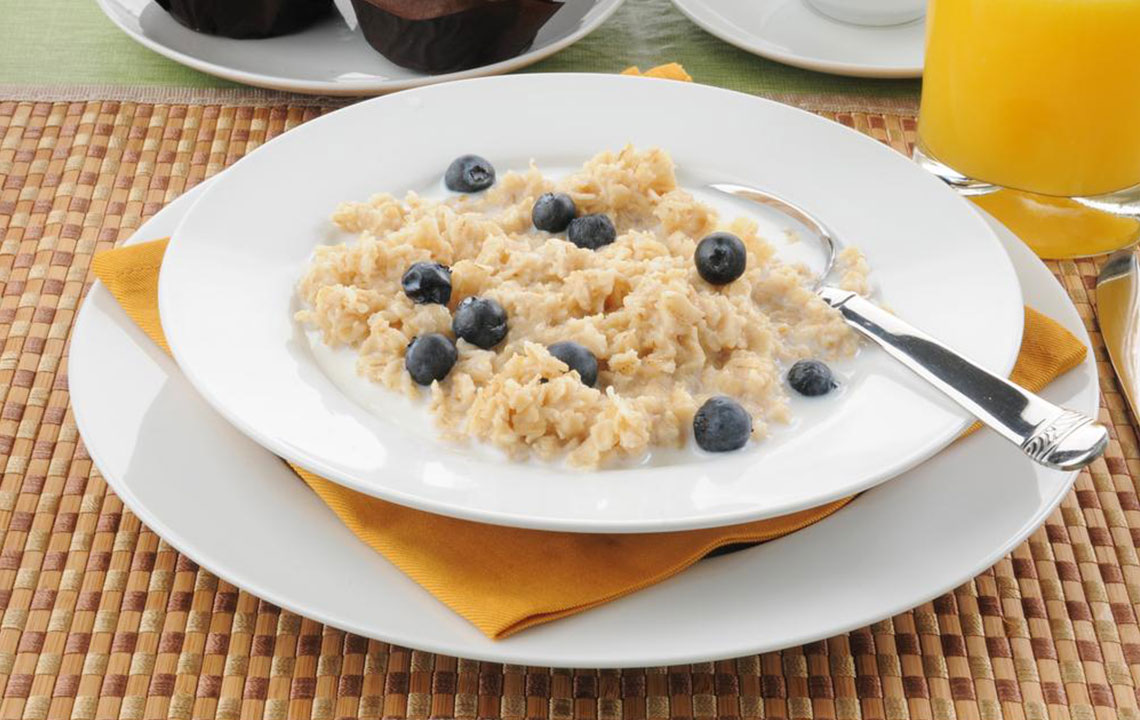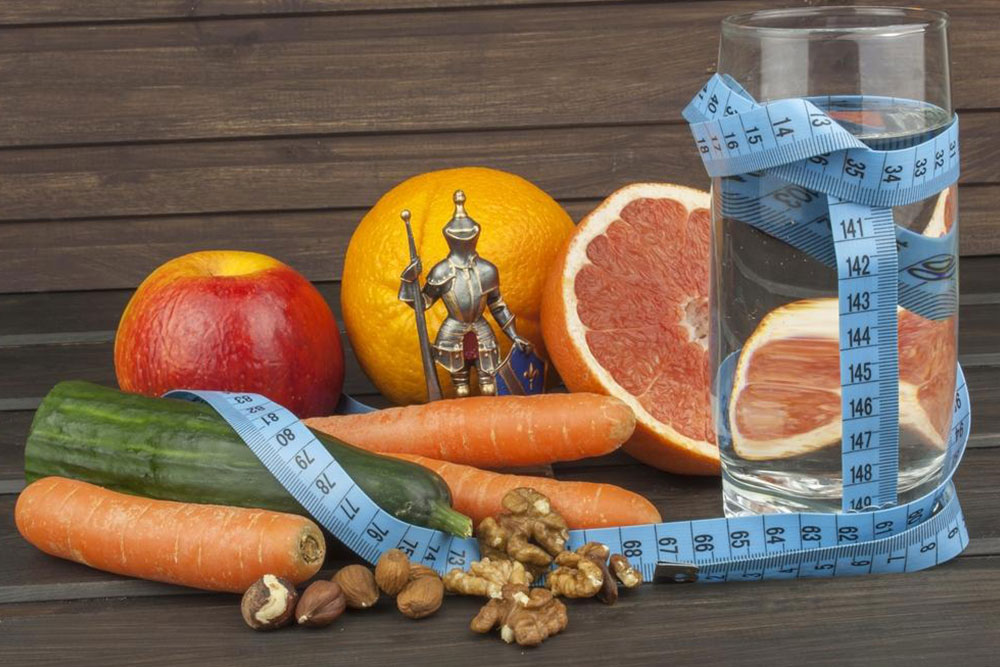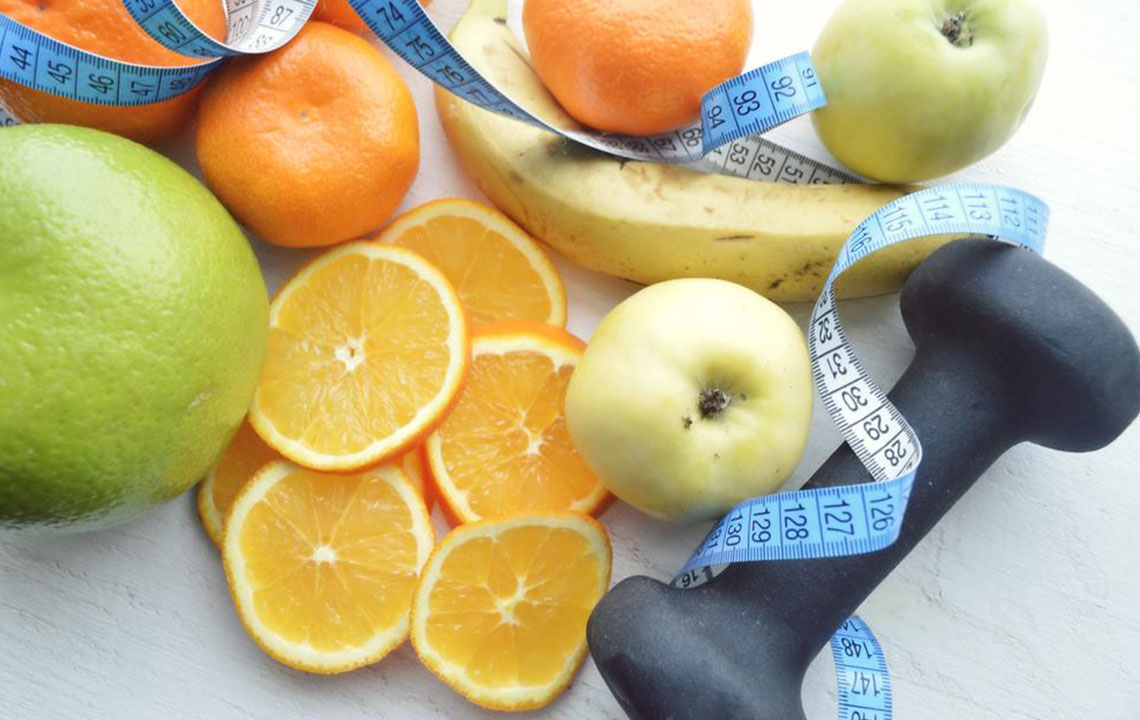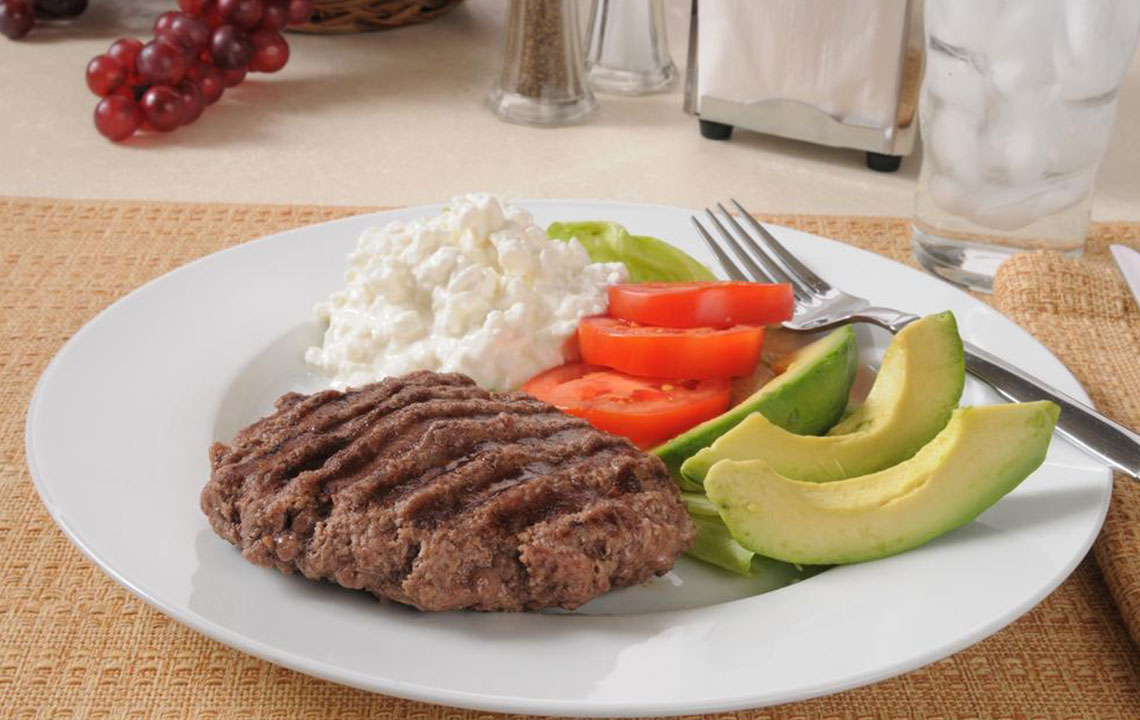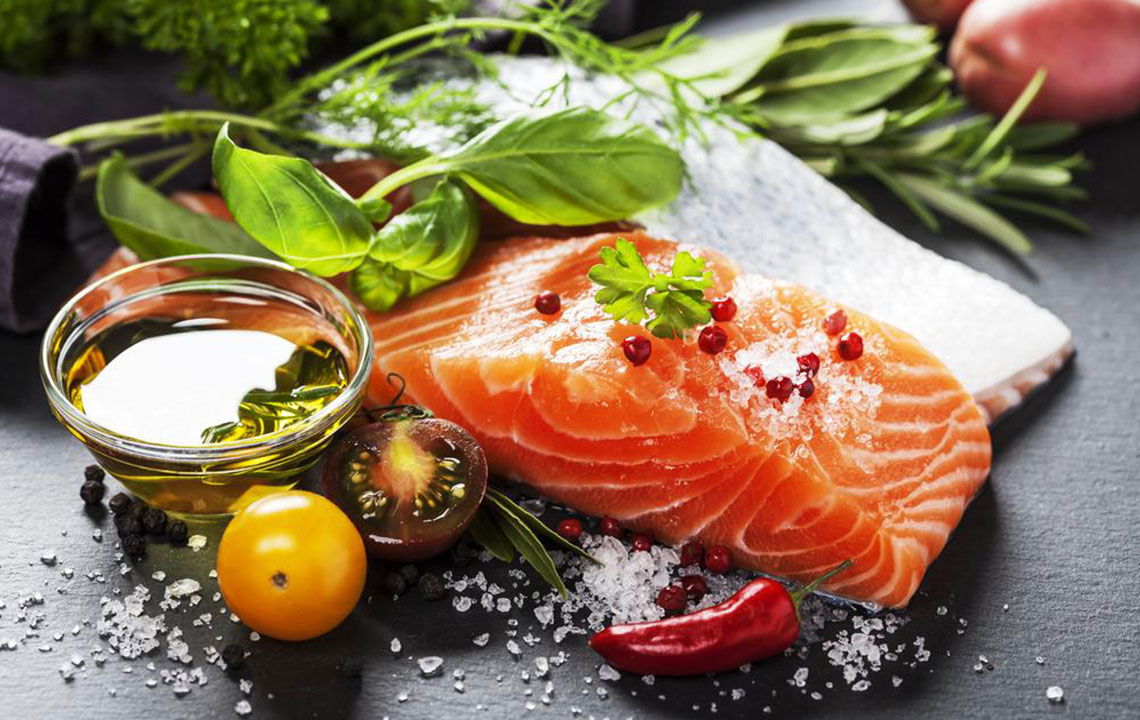Comprehensive Guide to the Benefits of the Paleolithic Diet for Modern Health
The Paleo diet mimics early human eating habits, emphasizing natural, unprocessed foods to boost health. Rich in meats, seafood, vegetables, fruits, nuts, and healthy oils, it eliminates grains, legumes, dairy, and processed foods. This comprehensive guide explores its benefits, suitable foods, and foods to avoid, helping you understand how it can support weight loss, reduce inflammation, improve digestion, and prevent chronic diseases. Transitioning to a Paleo lifestyle can lead to a more vibrant, healthier life through mindful eating and natural food choices.
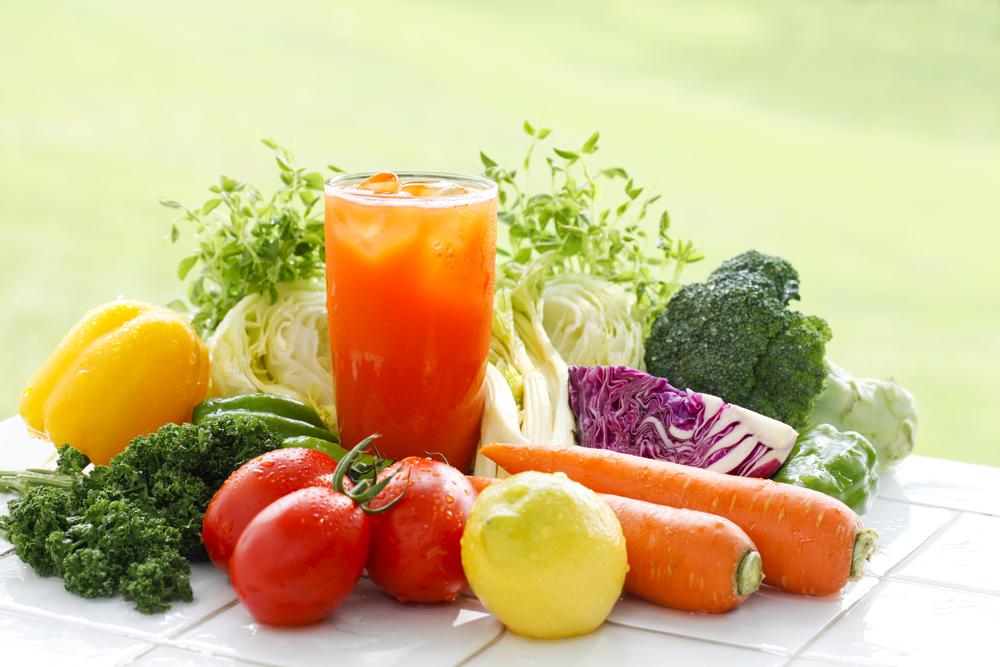
Unlocking the Health Benefits of the Paleolithic Diet: A Comprehensive Overview
The Paleolithic diet, popularly known as the Paleo diet, has gained significant popularity among health-conscious individuals seeking a natural and sustainable approach to nutrition. Rooted in the eating habits of our ancient ancestors, this diet emphasizes consuming minimally processed foods that our bodies are biologically adapted to digest. While the modern diet is often laden with processed foods, refined sugars, and artificial additives, the Paleo diet encourages a return to whole, natural foods that promote optimal health and well-being.
Adopting the Paleo lifestyle isn’t just about weight management—it's about transforming your overall health, improving metabolic functions, reducing chronic inflammation, and enhancing longevity. Although it may require a period of adjustment, many people find that the health advantages far outweigh the initial challenges. Before diving into the benefits, it’s essential to understand the specific foods recommended and those to avoid to ensure a balanced and effective Paleo diet plan.
Foods to Incorporate in the Paleo Diet:
Meats: Incorporate various types of ethically sourced meats such as chicken, beef, turkey, pork, and lamb. These provides rich sources of protein and essential amino acids that support muscle growth and repair.
Seafood: Include a variety of fresh fish and shellfish like salmon, trout, shrimp, haddock, and other seafood. These are excellent sources of omega-3 fatty acids, which are vital for cardiovascular health and reducing inflammation.
Eggs: Choose free-range or omega-3 enriched eggs to obtain high-quality protein, healthy fats, and essential nutrients.
Vegetables: Load up on vegetables such as kale, broccoli, peppers, carrots, onions, tomatoes, and leafy greens. These provide fiber, vitamins, minerals, and antioxidants that promote immune function and overall health.
Fruits: Consume moderate portions of fruits such as bananas, oranges, apples, avocados, and berries. They offer natural sugars along with fiber and antioxidants.
Nuts and Seeds: Incorporate almonds, walnuts, sunflower seeds, pumpkin seeds, and other nuts/seeds as healthy snack options providing good fats, protein, and micronutrients.
Healthy Oils: Use coconut oil, extra virgin olive oil, and avocado oil for cooking or dressings. These oils are rich in monounsaturated and saturated fats that support cardiovascular health.
Seasonings: Enhance flavors with garlic, sea salt, rosemary, turmeric, and other herbs and spices that offer additional health benefits through their antioxidant properties.
Foods to Steer Clear Of in the Paleo Diet:
Grains: Avoid wheat, barley, rye, spelt, and processed grain products like bread, pasta, and cereals, which are often high in carbohydrates and low in nutrients.
Legumes: Refrain from consuming beans, chickpeas, lentils, and peas, as these contain antinutrients that may interfere with nutrient absorption and digestion.
Dairy Products: Limit or eliminate milk, cheese, yogurt, especially processed or low-fat versions, as dairy is excluded in strict Paleo diets.
Refined Oils: Stay away from processed cooking oils like soybean, sunflower, corn, cottonseed, and grapeseed oils, which are high in omega-6 fatty acids and trans fats.
Trans Fats: Avoid foods containing artificial trans fats, commonly found in processed snacks, baked goods, and fast foods.
Artificial Sweeteners: Steer clear of chemical sweeteners such as saccharin, sucralose, aspartame, and cyclamate often present in diet sodas and low-calorie products.
Heavily Processed Foods: Limit consumption of instant noodles, canned goods with preservatives, cereal bars, frozen meals, and other convenience foods laden with additives, preservatives, and refined ingredients.
Following the Paleo dietary guidelines by focusing on natural, unprocessed foods can significantly enhance your health. The lifestyle supports weight loss, reduces uncontrolled cravings, boosts physical activity levels, and promotes overall vitality. Moreover, the anti-inflammatory properties of Paleo-friendly foods can alleviate autoimmune and chronic diseases, improve digestion, and enhance sleep quality. Transitioning to this diet may present initial hurdles, but the long-term health benefits prepare you for a healthier, more energetic life. Embracing this diet aligns well with holistic health principles and sustainable eating habits aimed at promoting longevity and physical resilience.

